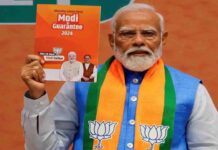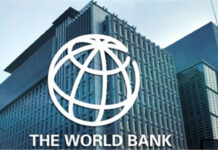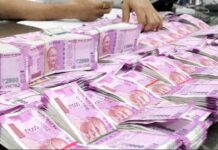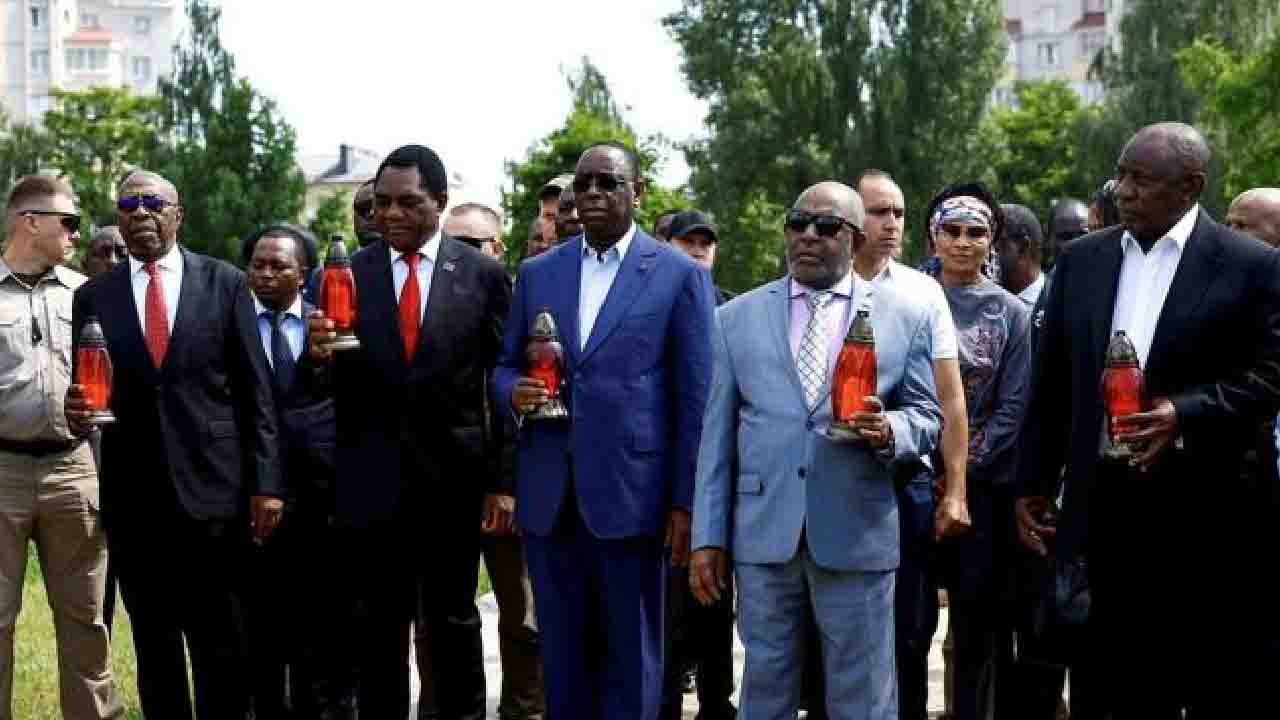India (Commonwealth Union)_ According to L’Oréal SA, the world’s leading cosmetics firm, India will emerge as a global beauty epicenter in the next few years, with sales exceeding €1 billion. The French cosmetics company accounts for around 8% of the face care market in India, and about a 10% share when e-commerce is included, whereas Hindustan Unilever leads the market with more than 40% share. The firm, which provides aspirational items across the world, has been attempting to compensate for its late-mover disadvantage by providing economical packs and sachets, although its distribution is primarily limited to urban areas.
Addressing the investors, Nicolas Hieronimus, chief executive officer at L’Oréal stated, “From a €500 million business today, I think we can take it to €1 billion in the next foreseeable future. So very excited about India”. He added, “I don’t think India will never ever look like China, but it’s still a very promising market for us. We have high ambitions. Middle classes are rising in a major way. It’s still not as developed as we would like in terms of distribution, but it’s really accelerating and our shares are growing.”
According to the manufacturers of Maybelline and Garnier, the top two socioeconomic classes account for fifty percent of mass beauty spending in India, where the market grew at double the market pace. L’Oreal India provides less than 2% of its parent company’s yearly revenues of over 38 billion euros. In terms of revenue, HUL, the largest consumer products company in India, is twelve times larger and Procter & Gamble are just four times larger. According to ROC filings obtained from AltInfo, Loreal India recorded a net profit of INR 418 crore on revenues of INR 3,739 crore during the fiscal year ended in March 2022.

According to Alexis Perakis-Valat, president of the consumer product division at L’Oréal, “What is interesting is to look at this upper part of the Indian middle class, which is today, let’s say 200 million to 300 million people, but which is set to double in the next five to 10 years”. He added, “I have noticed changes in the past two years like never before in terms of the sophistication of the market and in terms of the change in distribution, thanks to e-commerce. And all that powered by a super digital ecosystem. So we are very, very bullish about India.”
According to Better Beauty co-founder Ritambra Das, traditional personal care firms have expanded over the years primarily owing to their distribution strength. However, following the pandemic, the industry is mostly driven by ecommerce, where D2C startups compete with established ones in terms of product innovation, quality, and price in a fast-paced atmosphere. Moreover, he added that reach is not the only criterion for building brands that Gen Z and millennials would embrace, as these consumers are interested in more than simply buying a product.
Further, retailers including Tata, Shoppers Stop, and Reliance are planning to enter the beauty industry by launching physical storefronts to sell beauty items. Both rival online merchants of cosmetic products, Nykaa and NewU, have established a physical presence. L’Oréal is a French cosmetics and beauty company, founded in 1909 by Eugène Schueller. It is the world’s largest cosmetics company and operates in over 150 countries. L’Oréal produces a wide range of products, including hair care, skin care, makeup, and fragrances, and its portfolio of brands includes L’Oréal Paris, Maybelline, Garnier, Lancôme, Kiehl’s, Urban Decay, and many others. L’Oréal invests heavily in research and development and has a strong commitment to sustainability and ethical practices.
















